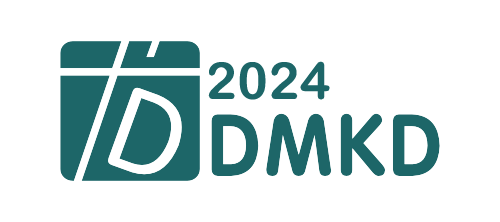Speakers
Keynote Speaker I
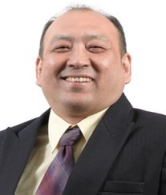
Professor Maode MA
College of Engineering, Qatar University
IEEE Fellow
Title: Security Enhancements for 5G Wireless Networks
Abstract: Recently, the Fifth Generation (5G) wireless network becomes a major carrier for wireless communications that supports the Internet of everything and large-scale heterogeneous connections. Nowadays, the 5G wireless networks have been deployed in many countries in the world such as Qatar, where 5G commercial services are available to end-users. 5G wireless networks present some promising and advanced features. Since the introduction of the new techniques and new features makes 5G wireless networks facing several new security challenges, it is critical to design new security functionality to protect the operation of 5G wireless networks. The Third Generation Partnership Project (3GPP) has produced the Technical Specification TS 23.501 R16 to specify various functions of 5G wireless network with corresponding security mechanisms. Some other pioneering research works have enhanced the security mechanisms specified by the 3GPP. In this talk, I would like to summarize some followed-up research work with the aim to achieve a compromise between the security functionality and the performance of the 5G wireless networks. A series of proposed solutions targets at providing security protection with high efficiency in different kinds of network scenarios will be discussed.
Bio: Prof. Maode Ma, a Fellow of IET, received his Ph.D. degree from Department of Computer Science in Hong Kong University of Science and Technology in 1999. Now, Dr. Ma is a Research Professor in the College of Engineering at Qatar University. Before joining Qatar University, he has been a faculty member at Nanyang Technological University in Singapore for over 20 years. He has extensive research interests including network security and wireless networking. Dr. Ma has more than 450 international academic publications including more than 220 journal papers and over 230 conference papers. His publication has received near 7000 citations by Google Scholar. He has delivered over 80 keynote speeches and 10 tutorials at various international conferences. He currently serves as the Editor-in-Chief of International Journal of Computer and Communication Engineering and Journal of Communications. He also serves as a Senior Editor for IEEE Communications Surveys and Tutorials, and an Associate Editor for International Journal of Wireless Communications and Mobile Computing and International Journal of Communication Systems. Dr. Ma is a senior member of IEEE Communication Society and a member of ACM. He is now the Chair of the ACM, Singapore Chapter.
Keynote Speaker II
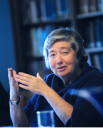
Prof. Sally McClean
Ulster University
Title: Smart Process Modelling for improved Process Mining
Abstract: Huge volumes of heterogeneous data are increasingly being collected, stored and analyzed for improved understanding, prediction and efficiency of complex processes. Business processes from large organizations are diverse and complex, while healthcare process data are increasingly being modelled and analyzed to track the spread of devastating diseases, such as covid-19, and the management of patients in hospital and community settings. However, internal and external process factors can lead to uncertainty of outcomes, resulting, for example, from customer or patient journeys. Smart process analytics allows the users of such data and knowledge to achieve goals, through the use of different modelling and analytical techniques, thus facilitating the better understanding of such processes and prediction of outcomes of interest. Such approaches can typically improve understanding of process dynamics and facilitate timely predictions.
Bio: Sally McClean received her first degree in Mathematics from Oxford University, and then obtained a MSc in Mathematical Statistics and Operational Research from Cardiff University, followed by a PhD on Markov and semi-Markov models at Ulster University. She is currently Professor of Mathematics at Ulster University. Her main research interests are in Stochastic Modelling, Data Mining and Optimisation, particularly for Healthcare, and Computer Science, specifically Databases, Internet of Things, and Sensor Technology. Much of this work has focussed on patient modelling and pervasive technologies. She has been grantholder on over £13 million worth of funding, mainly from the EPSRC, Industry, the EU and charities. She has published over three hundred papers and was previously a recipient of Ulster University’s Senior Distinguished Research Fellowship.
Keynote Speaker III
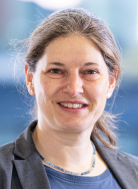
Prof. Barbara Hammer
Bielefeld University
Title: Machine Learning in an open environment and its challenges for theoretical modeling
Abstract: One of the main assumptions of classical machine learning is that data are generated by a stationary concept. This is often violated in practice if unexpected events happen, sensor drift is present, of models should be individualized for a specific user, for example. In such situations, a number of challenges occur: How to detect that drift occurs? How to adapt the model on the fly, given new data, without catastrophic forgetting? How to incorporate measures which can mediate suboptimal behavior?
In the talk, we will address three algorithmic challenges: flexible drift detection with minimum requirements, life-long model adaptation, and reject options. We will demonstrate the behavior of the algorithmic models in the context of medical applications and industry4.0, respectively.
Bio: Barbara Hammer is a full Professor for Machine Learning at the CITEC Cluster at Bielefeld University, Germany. She received her Ph.D. in Computer Science in 1999 and her venia legendi (permission to teach) in 2003, both from the University of Osnabrueck, Germany, where she was head of an independent research group on the topic 'Learning with Neural Methods on Structured Data'. In 2004, she accepted an offer for a professorship at Clausthal University of Technology, Germany, before moving to Bielefeld in 2010. Barbara's research interests cover theory and algorithms in machine learning and neural networks and their application for technical systems and the life sciences, including explainability, learning with drift, nonlinear dimensionality reduction, recursive models, and learning with non-standard data. Barbara has been chairing the IEEE CIS Technical Committee on Data Mining and Big Data Analytics, the IEEE CIS Technical Committee on Neural Networks, and the IEEE CIS Distinguished Lecturer Committee. She has been elected as member of the IEEE CIS Administrative Committee and the INNS Board. She is or has been an associate editor of the IEEE Computational Intelligence Magazine, the IEEE TNNLS, and IEEE TPAMI. Currently, large parties of her work focusses on explainable machine learning for spatial-temporal data in her role as a PI of the ERC Synergy Grant Water-Futures.
Keynote SpeakerIV
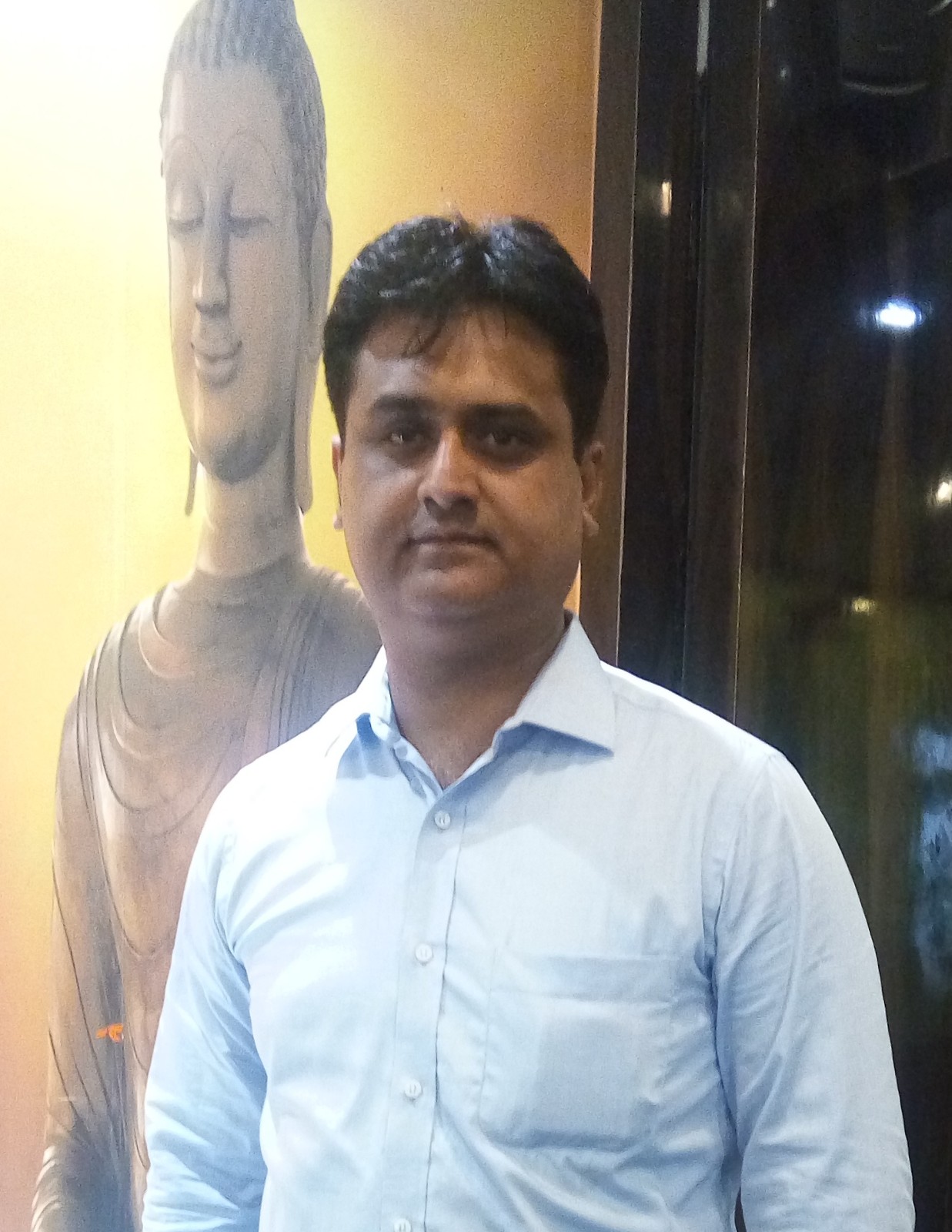
Prof. Manik Sharma
DAV University Jalandhar
Title: Remote Monitoring of Psychological Disorders Patients using Emerging Computing Technologies
Abstract: Remote patient monitoring is an innovative supervision approach in which a physician sitting far away from the patient can remotely monitor the patient's condition. There is a need to combine distinct emerging computing technologies like Machine Learning, Soft Computing, SIoT (Social Internet of Things), Fog Computing, and blockchain. The use of SIoT will help in collecting the data (physical and mental states) of remote patients. The use of bio-sensors and wearable devices assists in collecting the regular data (body temperature, electroencephalogram signals, finger temperature, heart rate, pupil diameter, galvanic skin response, and blood pressure) of these persons. After getting the required data, different pre-processing techniques will be applied to clean and normalize the data. The hybridization of Deep Learning (Deep-Neural Network, Deep-Belief Network, Convolutional-Neural Network), emerging nature-inspired computing (Crow Search Algorithm, Whale Optimization, Grey Wolf Optimizer, Dragonfly Algorithm, Butterfly Optimization, Genetic Algorithm, Harris Hawks Algorithm, etc.) and Fuzzy Logic (FL) techniques will be employed to devise an effective classification model for diagnosis of the mental and physical states of the psychological disordered patients. The use of Fog Computing techniques helps in getting and processing the local and nearby information in an expedited manner which will ultimately reduce the network latency and accelerate the data processing task close to the data originating site. Fuzzy logic will assist in handling the uncertainty in the data. The right agglomeration of SIoT, fog computing, and soft computing techniques will cope in finding global optimal efficiency with fast convergence speed. The privacy and security of the patient data will be tackled using blockchain.
Bio: Manik Sharma is an Assistant Professor in the Department of Computer Science and Applications, DAV University Jalandhar. He is MCA, UGC-NET qualified and has received his PhD degree in “Distributed Query Optimization” from IKG Punjab Technical University, Kapoorthala, India. Dr Sharma has more than 15 years of teaching and research experience. His research interests include Machine Learning, Optimization Techniques, Health Informatics and Smart Systems. The thrust area is to design a smart and innovative Decision Support System for the effective diagnosis and management of different behavioral and mental disorders. Dr Sharma authored/coauthored over 40 International Journal articles, Conference Proceedings, and Book Chapters.
He is an Editor-in-Chief of EAI Endorsed Transaction on Pervasive Health and Technology (Scopus Indexed) and Co-Editor-in-Chief of EAI Endorsed Transaction on Scalable Information System (ESCI indexed). Additionally, he is a part of editorial board of several reputed international journals including Soft Computing (Springer), Cluster Computing (Springer), and IEEE Access.
He is also serving as a reviewer for various international Journals including IEEE, Springer, Elsevier, MDPI, and SAGE publications. Moreover, he has been on program committees of over 100 international conferences as a member of International Program Committees, Technical Program Committees, and Advisory Committees of several academics conferences (United Kingdom, Singapore, Mauritius, Thailand, Vietnam, USA, Hong Kong, Canada, UAE, and India).
